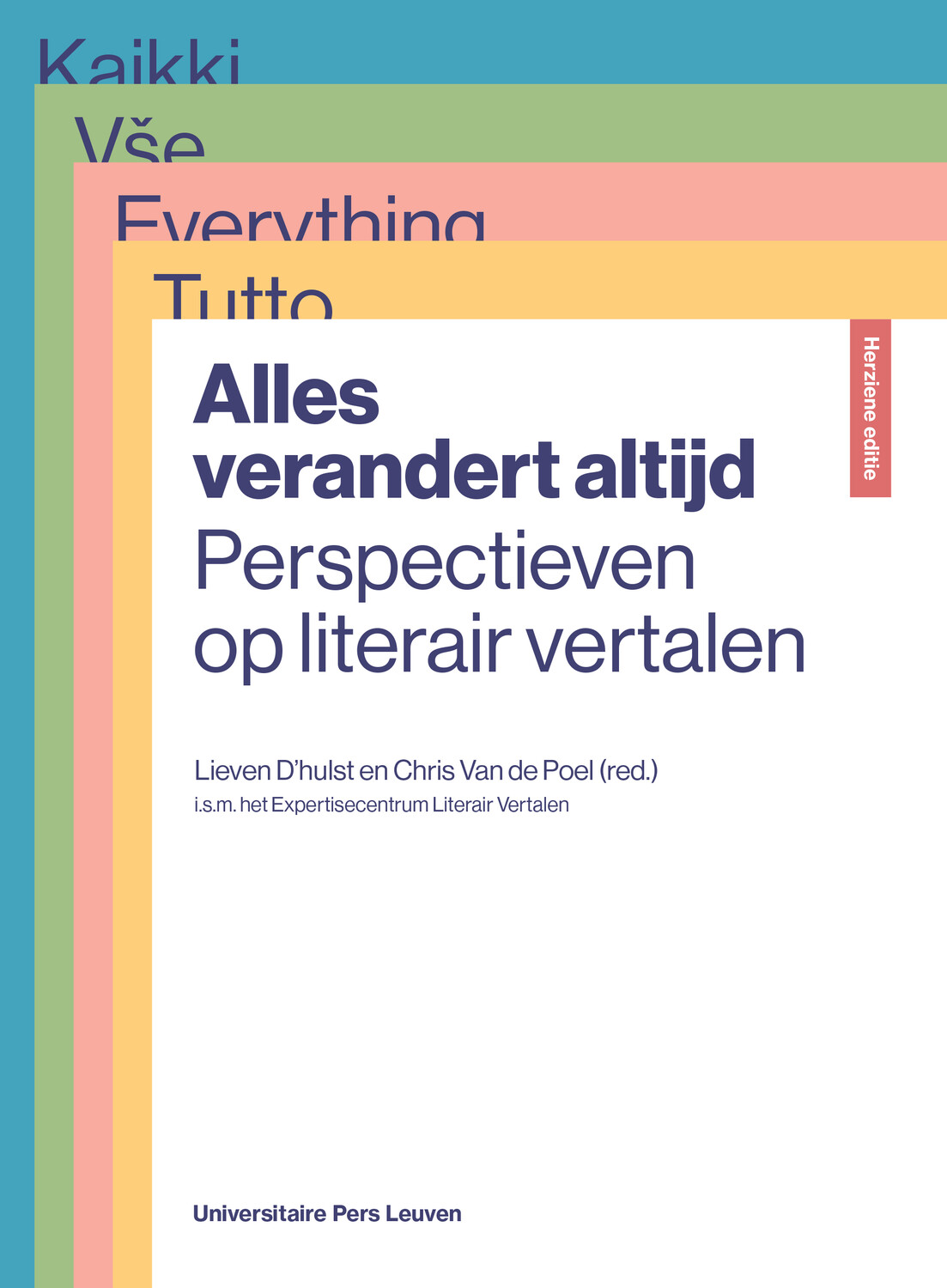“The old world of traditional academic publishing and the new world of Open Access will eventually amalgamate into a transformative business model where market and community meet.”
Koenraad Debackere, Professor, KU Leuven

Academic publishing underwent significant changes over the last 50 years. Which ones do you find most striking or significant?
Changes have been multifold and multifaceted. Scale intensity, internationalisation and digitisation are the obvious ones. However, even more relevant is what has not changed, and thus has remained the perpetual mission of academic publishing. Academic publishing is a crucial and critical support of academic communities as learning societies. It diffuses their learning into the broader world, reaching out to a variety of audiences. Making it accessible and findable. Doing so, academic publishing is and stays at the heart of scholarly communication. Open Access will enhance this lasting mission. Such fundamentals create solid opportunities, rooted in the concepts of openness and quality. They enable strong niche players to develop and thrive. Just like “Universitaire Pers Leuven” has done and is doing: Leuven University Press is international, open, specialised, and always high-quality-minded.
What is your experience with academic publishing? Is there anything in particular that you look for or value in the collaboration with publishers?
Academic publishing is a linking pin in the research process. Solid and strong peer review processes are an integral part of the publishing process. They help researchers improve their research, refine their insights, contribute to the knowledge frontier, and disseminate this knowledge. Academic publishing thus allows us all to stand on the shoulders of giants.
Peer review is central to the value of academic publishing. What characterises, in your view, successful peer review that empowers and respects authors and readers? Do you see ways in which peer review could be re-thought, for instance with respect to the inclusion of a broader set of voices that need to be heard?
Peer review is at the heart of the scientific reward and recognition cycle. It embodies and enacts the Mertonian values driving the unprecedented growth in knowledge that science has brought us. Leading us away from the flight from science and reason. And it does this in an absolutely innovative organisational manner building on the solid values of communalism, universalism, disinterestedness and organised skepticism.
What is your experience with Open Access publishing, either as an author or as a reader? Do you identify obvious benefits or perhaps also opportunities for future development?
Open Access will offer a boost to scholarly communication and thereby scientific progress. However, in order for Open Access to thrive we need to have the right organisational models in place. Those are developing and Leuven University Press is definitely contributing to this evolution. The old world of traditional academic publishing and the new world of Open Access will eventually amalgamate into a transformative business model where market and community meet. This emerging nexus will be in line with the shared value approach described by Porter and Kramer in 2011 (Harvard Business Review, January-February).
What do you prefer: print or digital books? Is there a difference between what you read online and what you read on paper?
Both print and digital have their place. They complement one another. Digital books will increase the velocity of knowledge creation, diffusion, dispersion, and revision. However, the printed book will never disappear. It will always be there to cherish the smell of the book, the soul of the cover, the shade of the paper, the elegance of the font, the look and feel of the whole, the joy of the physical touch.
How important is the book cover design to you?
The book cover reflects the soul of the book. It defines the book in the blink of an eye.
Which are some emerging topics in your field of research and/or academic publishing?
The central role of experimentation has been shown to be a powerful instrument in innovation processes. Organisations have to provide the right tools to their employees to engage in experimentation. However, building, buying, and using toolboxes is “the easy part” of the equation. The hard part is making experimentation a way of life throughout the organisation. To this end principles are studied that guide the design and development of a culture of experimentation (e.g. Thomke, 2020). First, curiosity should be cultivated. Everyone in the organization should embrace surprise and constructive failure. Both offer opportunities for learning and rethinking. Second, opinions are omnipresent in design processes. Empirical data and insight, though, stimulate real debate and challenge opinions. The former should thus prevail over the latter. Third, experimentation is part of daily life throughout the organisation. Make it accessible to everyone. Just as Eric von Hippel pleaded for the democratisation of innovation (2005), leadership in experimentation calls for the democratisation of experimentation. Fourth, in order to enact a culture of experimentation, companies and their employees should be ethically sensitive. They should think carefully whether users will or will not consider the tests to be unethical. It is obvious that answers to this question will not always be clear. However, whenever an organisation neglects this, it may face scrutiny and criticism.
What would be your advice for junior researchers on the verge of publishing their first monograph?
Enjoy every moment of it. Reward yourself with a treat. Then embark upon the next journey.
How do you expect academic publishing to evolve over the next 50 years? Will the monograph stand the test of time?
The monograph has been standing the test of centuries and will stand the test of centuries to come. As it embodies the finest abilities and capabilities of mankind: disseminating the knowledge we create through thinking, experimenting, reflecting, challenging, reviewing, reconsidering, improving, enacting, and re-enacting … but always accruing and accumulating to better understand life, nature, man and society. This mission is eternal. It will become more virtual, digital, integrating words and images, more animated, more interactive, more 3-dimensional. But its essence will remain and will prove immutable.









































